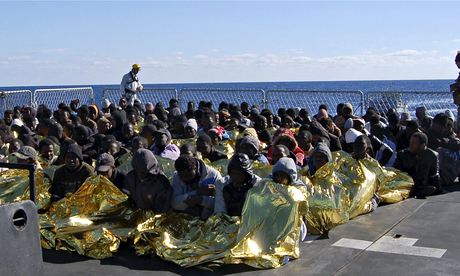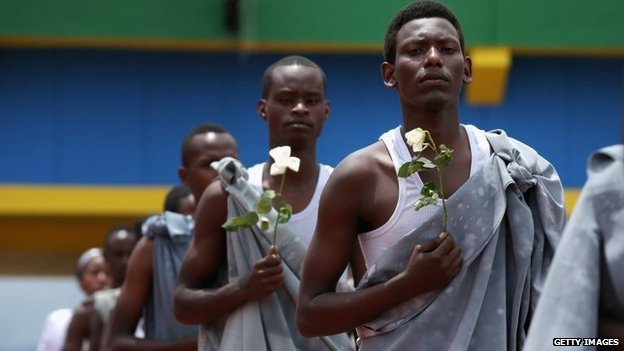By Darrin Simmons
Impunity Watch Reporter, Middle East
RIYADH, Saudi Arabia-After much support from Saudi Arabian King Abdullah calling for women’s rights social reforms, Saudi authorities have been asked to remove the school ban on girls’ sports.

Saudi women, under strict interpretations of sharia law, are banned from driving and must obtain permission from a male relative to leave the country, start a job, or open a bank account.
Saudi Arabia has maintained an official ban on sports classes for girls in state schools due to pressure from religious conservatives. King Abdullah, however, has implemented great change in women’s rights when he appointed thirty women to the 150-member chamber for the first time, just a year ago.
The Shura Council, which advises the Saudi Arabian government on policy, requested that the education ministry investigate into allowing girls to participate in state-run schools, assuming that they conform to sharia rules on dress and gender segregation.
The Council’s decisions are not binding, but influential in Saudi Arabia because it is the only official forum for the public to discuss new laws and government policy surrounding sensitive social issues. A law removing the ban would not become official until it received ministry and cabinet approval.
In support of the decision, Council members relied on recent studies showing an increase in obesity related illnesses among Saudi Arabian women. “The education affairs committee saw that ratifying this decision does not contradict Sharia law, pointing out that a previous fatwa (religious ruling) allowed for sports for women in general,” stated one council member.
Those in opposition argued that most schools are not equipped to allow girls’ sports, while also challenging the notion that physical education lessons has decreased obesity in boys.
Private schools have officially removed a ban on girls sports last year, following many private schools already providing girls physical education classes.
Saudi women were included in its Olympic team for the first time only two years ago, at the London 2012 Games. The allowance garnered much support but also criticism of the two female athletes, a runner and a judoka, on social media.
Opposition, however, is great as many powerful clerics and their supporters fear the kingdom is losing its Islamic values in favor of western ideas. Despite these challenges, King Abdullah has made major strides in making it easier for Saudi women to work and study alongside men, while promoting more tolerant views of other religions.
For more information, please see the following:
Al Bawaba-Saudi girls will soon be able to play soccer, shoot hoops-10 April 2014
Al Jazeera-Saudi considers lifting ban on girls sports-10 April 2014
Guardian-Saudi Arabia may review ban on girls’ school sports-10 April 2014
Reuters-Saudi authorities asked to allow school sport for girls: agency-10 April 2014


